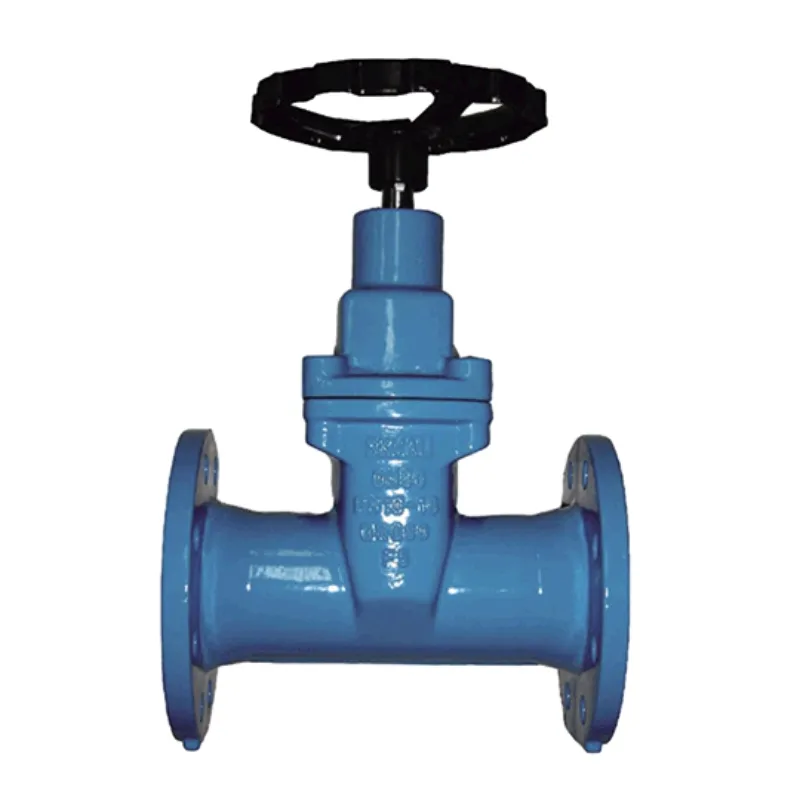Ноя . 27, 2024 05:17 Back to list
Understanding the Functionality and Applications of Pneumatic Ball Valves in Industrial Systems
Understanding Pneumatic Ball Valves Function, Features, and Applications
Pneumatic ball valves are essential components in various industrial processes, serving as key players in the control of fluids and gases. These valves exploit the properties of air pressure to operate a spherical disc that regulates flow, making them a popular choice for applications requiring reliable and efficient flow control.
What is a Pneumatic Ball Valve?
A pneumatic ball valve consists of a hollow, perforated sphere (the ball) that rotates within a valve body. When the valve is closed, the ball blocks the flow path, preventing fluid or gas from passing through. Conversely, when the valve is open, the ball aligns with the flow direction, allowing medium to flow freely. The operation of these valves is facilitated by compressed air, which moves the actuator connected to the valve. This feature makes pneumatic ball valves particularly suitable for automatic control systems.
Key Features of Pneumatic Ball Valves
1. Quick Operation One of the chief benefits of pneumatic ball valves is their rapid opening and closing capabilities. This is crucial in applications where immediate response times are necessary for safety and efficiency.
2. Minimal Pressure Drop The design of the ball valve allows for a relatively unobstructed flow path. This characteristic means that the pressure drop across the valve during operation is minimal, contributing to the overall energy efficiency of a system.
3. Durability and Reliability Pneumatic ball valves are typically constructed from robust materials like stainless steel or carbon steel, which can withstand harsh conditions and corrosive environments. Their simple design also means there are fewer components that might fail over time.
4. Leakage Prevention These valves are designed to provide a tight seal when closed, helping to prevent leaks. This feature is particularly important in applications involving hazardous materials or high-pressure systems.
pneumatic ball valve

5. Versatile Control Pneumatic actuators can be configured for throttling or on/off control, making pneumatic ball valves suitable for various applications. Furthermore, they can be integrated into automated systems for remote operation, enhancing operational efficiency.
Applications of Pneumatic Ball Valves
Pneumatic ball valves are utilized across a wide range of industries
- Oil and Gas They are essential in controlling the flow of gas and liquids in pipeline systems, ensuring safe and efficient operations. - Chemical Processing In chemical plants, these valves manage the flow of reactants and products, helping to maintain precise chemical processes.
- Water Treatment Water treatment facilities use pneumatic ball valves to regulate flow within filtration and purification systems.
- Food and Beverage The food industry benefits from the sanitary design of these valves, which helps maintain hygiene while controlling the movement of liquids.
- Automotive In automotive manufacturing, pneumatic ball valves control the flow of various fluids, contributing to production efficiency.
Conclusion
In conclusion, pneumatic ball valves represent a vital component for fluid control in numerous industries. Their quick operation, reliability, and ability to minimize pressure drops make them an ideal choice for applications requiring precise control over flow. As industries continue to evolve, the demand for efficient and reliable systems will only increase, solidifying the role of pneumatic ball valves in modern engineering solutions. Investing in high-quality pneumatic ball valves can lead to long-term benefits in safety, efficiency, and operational reliability, proving their worth in any industrial setup.
Share
-
Y Strainers: Protecting Your Pipes with PrecisionNewsAug.27,2025
-
Wafer Type Butterfly Valves: Reliable Flow Control SolutionsNewsAug.27,2025
-
Wafer Type Butterfly Valves: Essential Components for Efficient Flow ControlNewsAug.27,2025
-
Reliable Flow Control with High-Quality Check ValvesNewsAug.27,2025
-
Reliable Flow Control with Gate ValvesNewsAug.27,2025
-
Innovative Check Valves for Reliable Flow ControlNewsAug.27,2025


